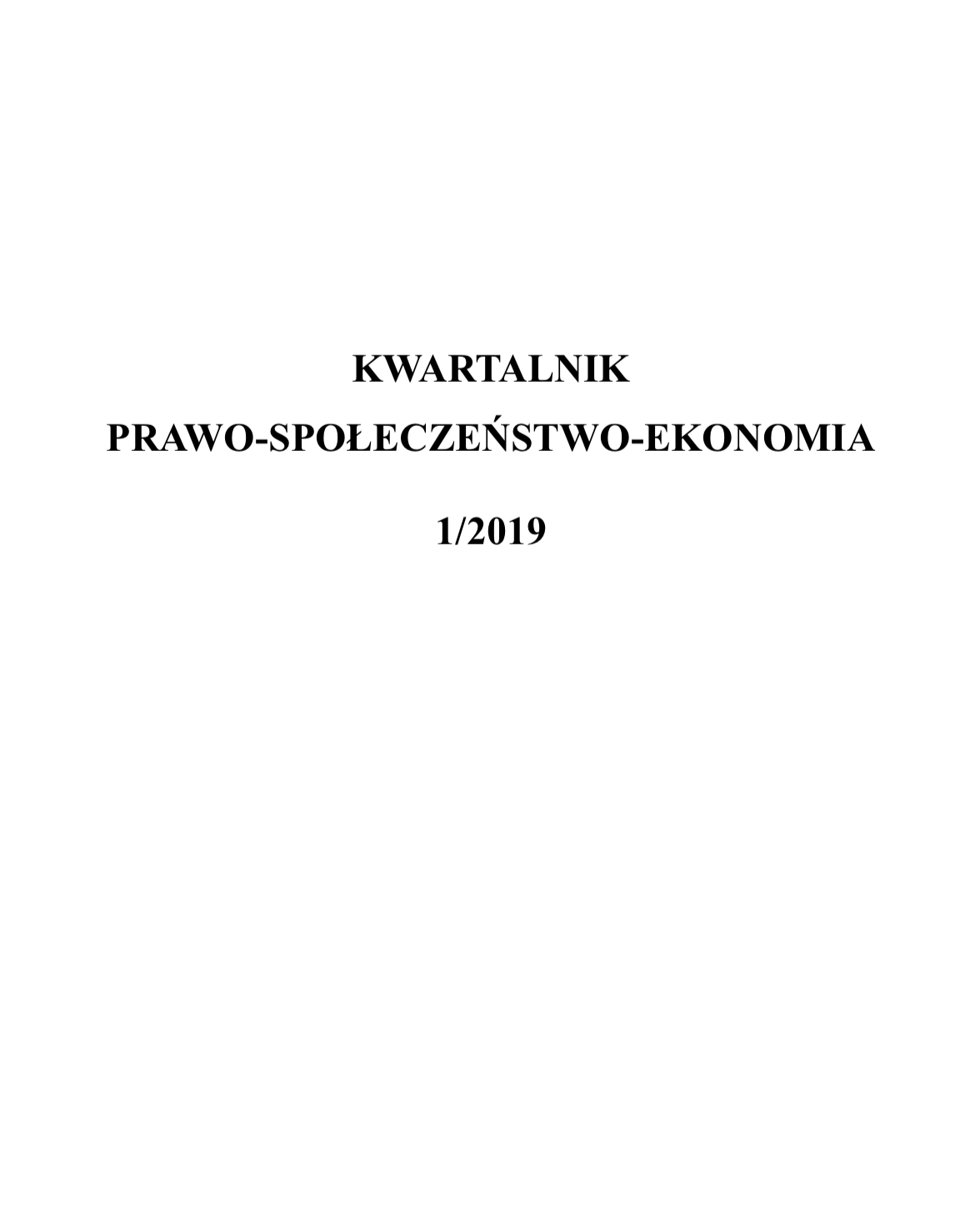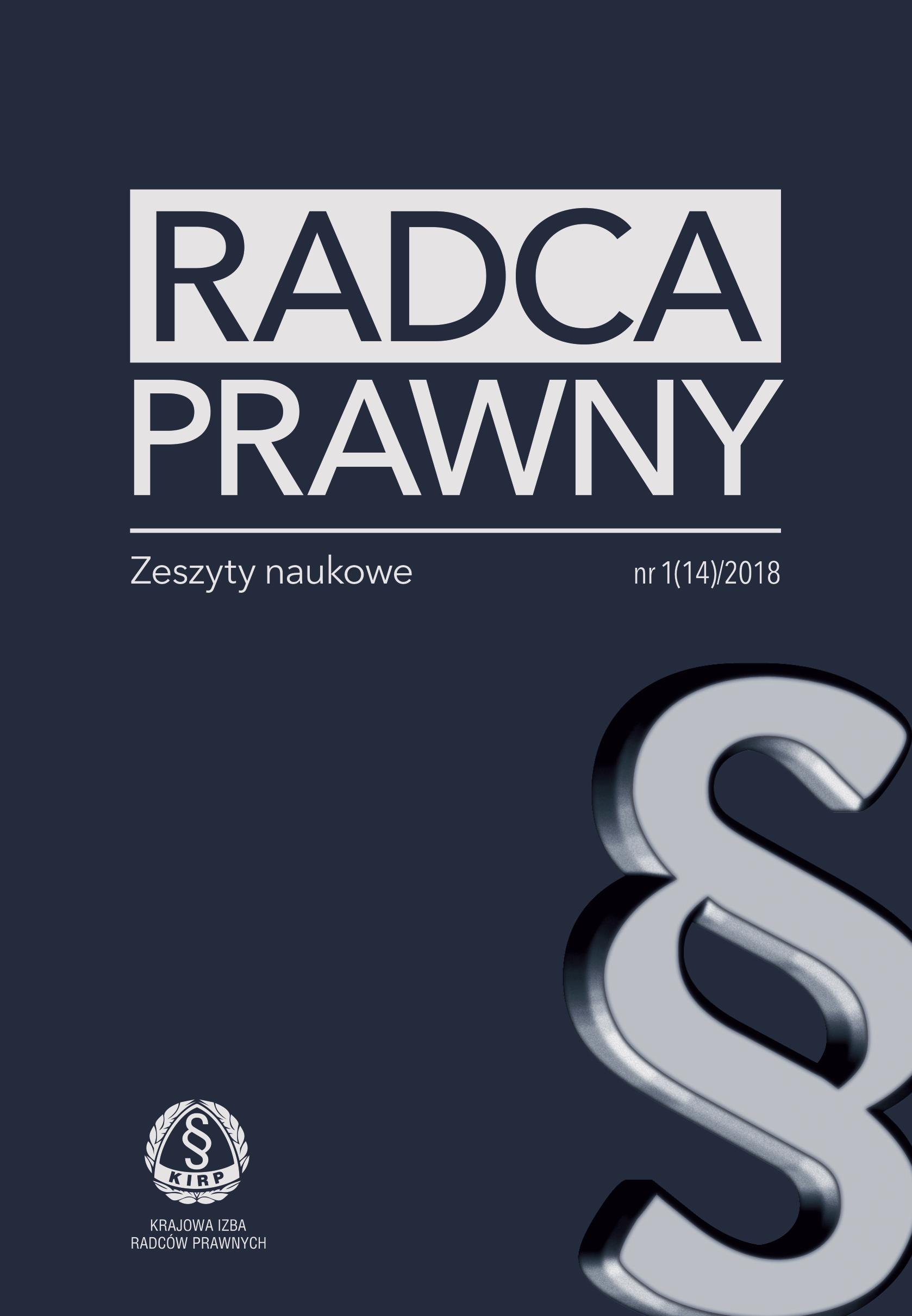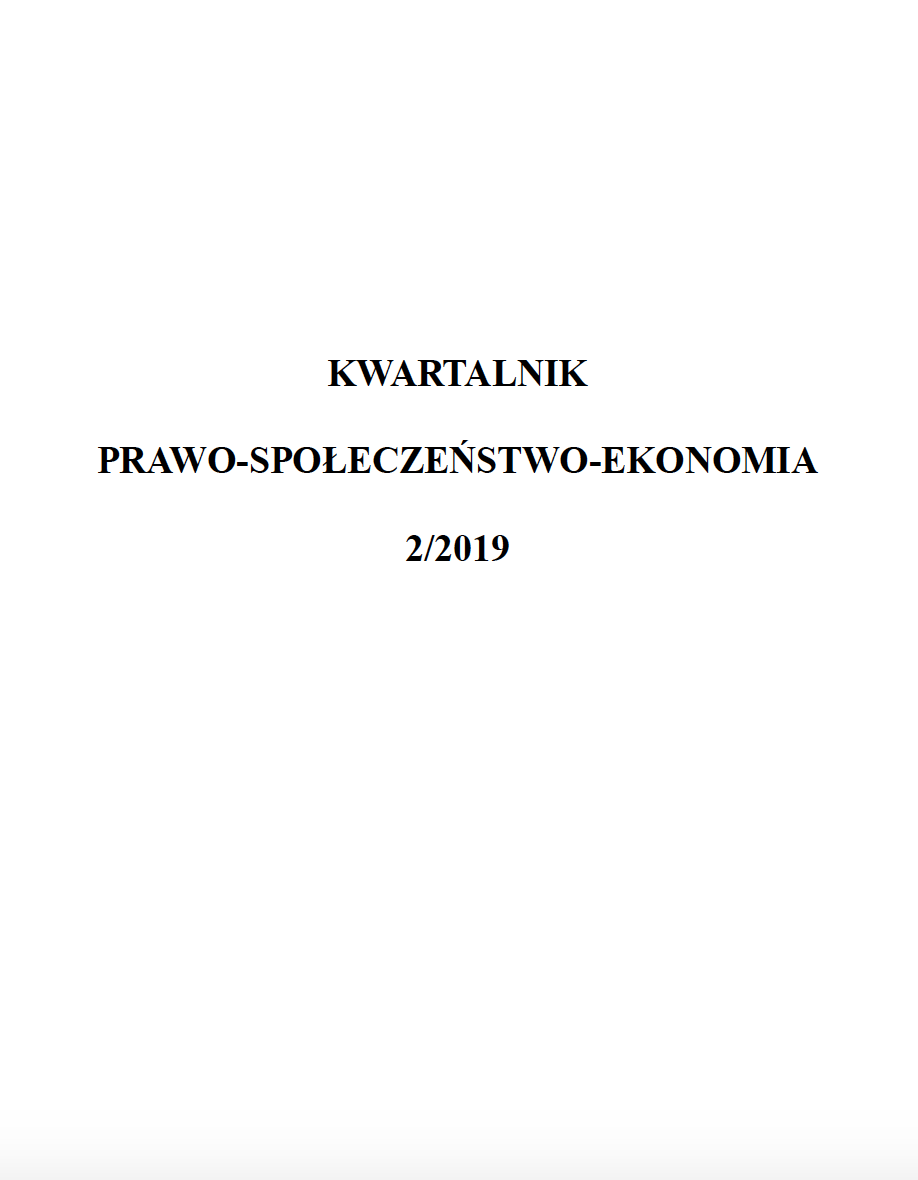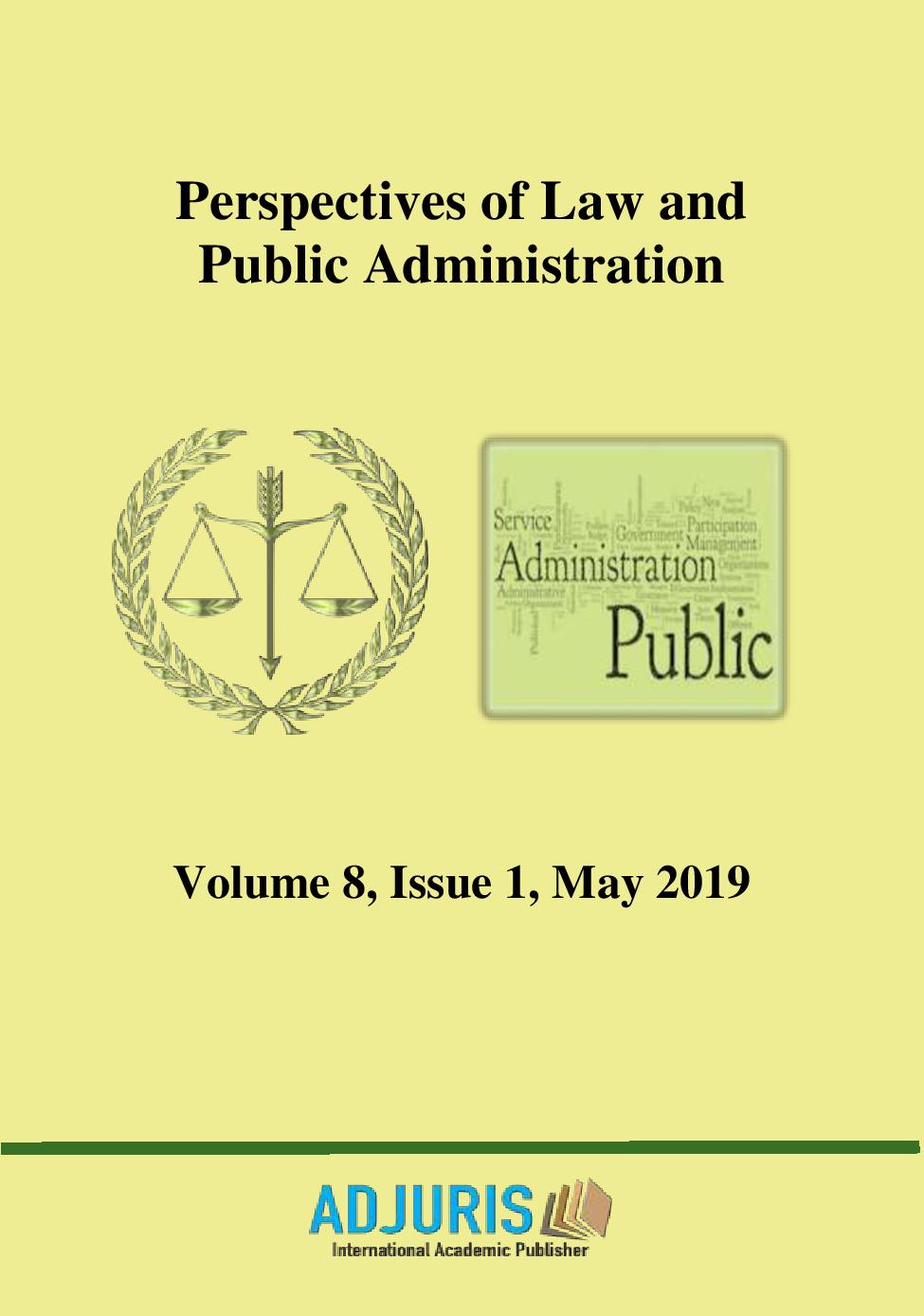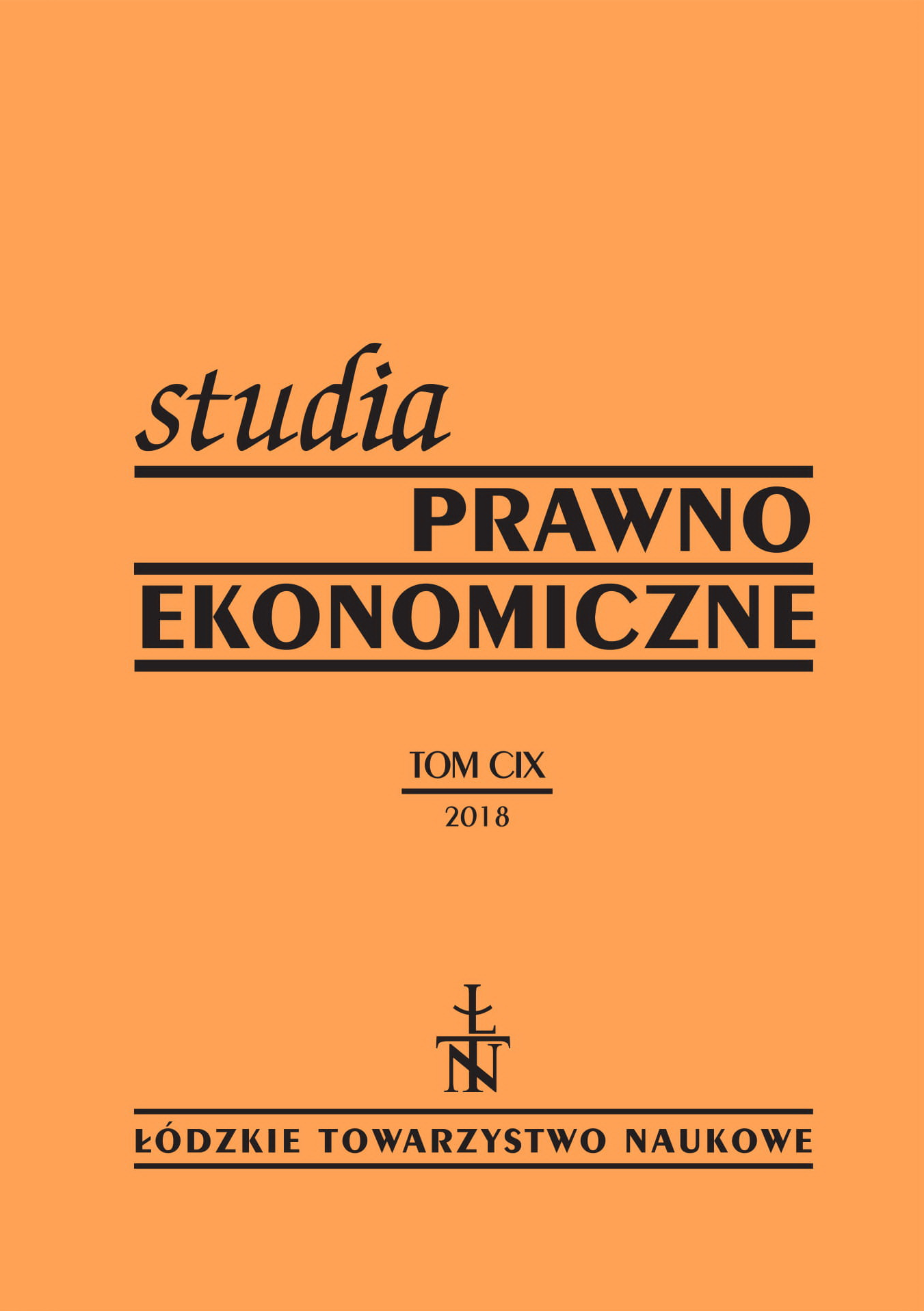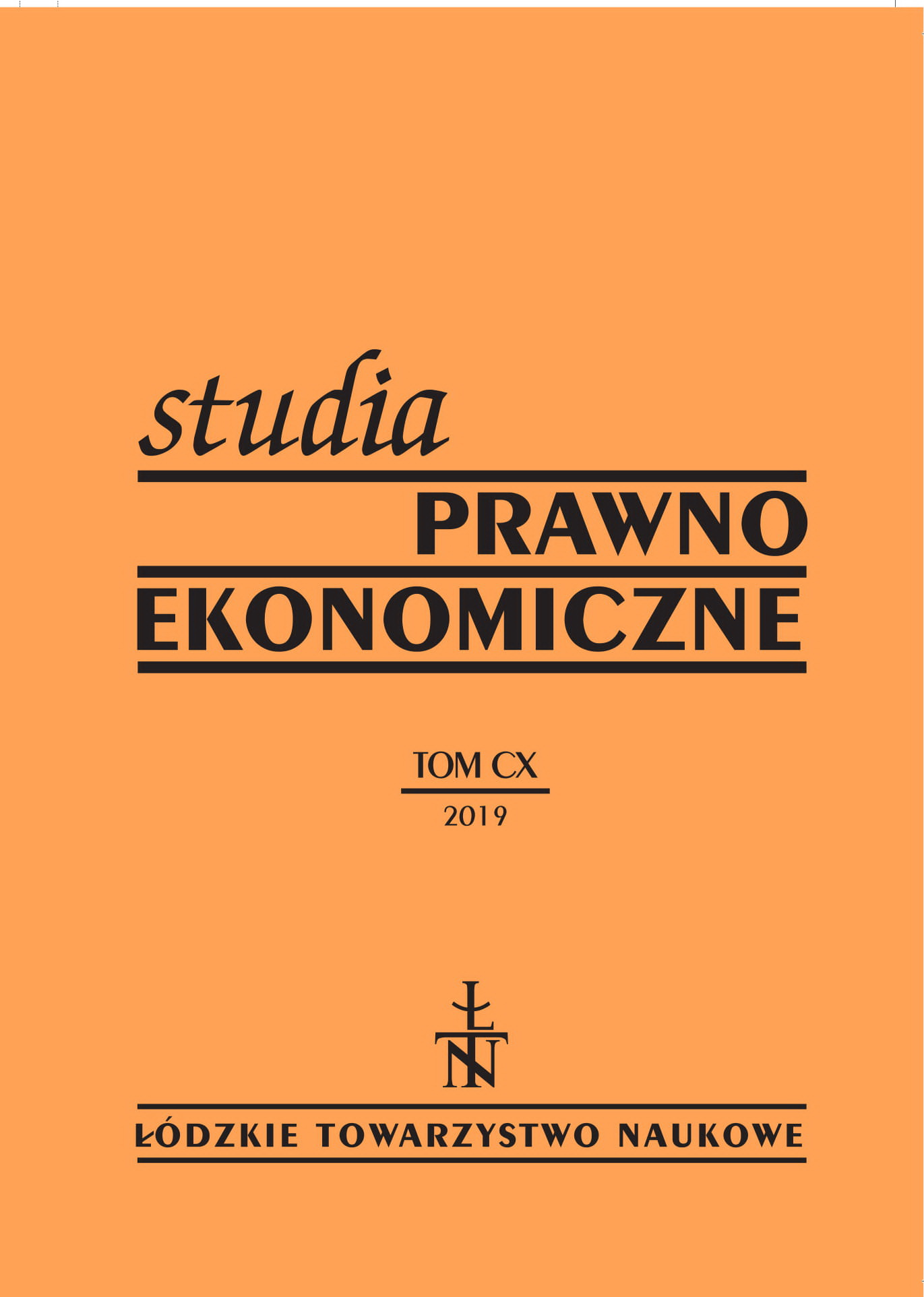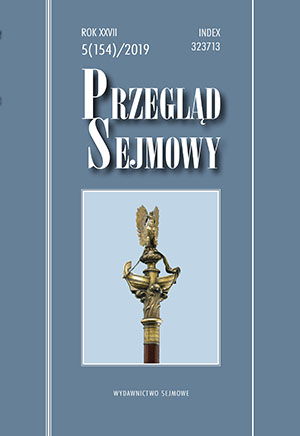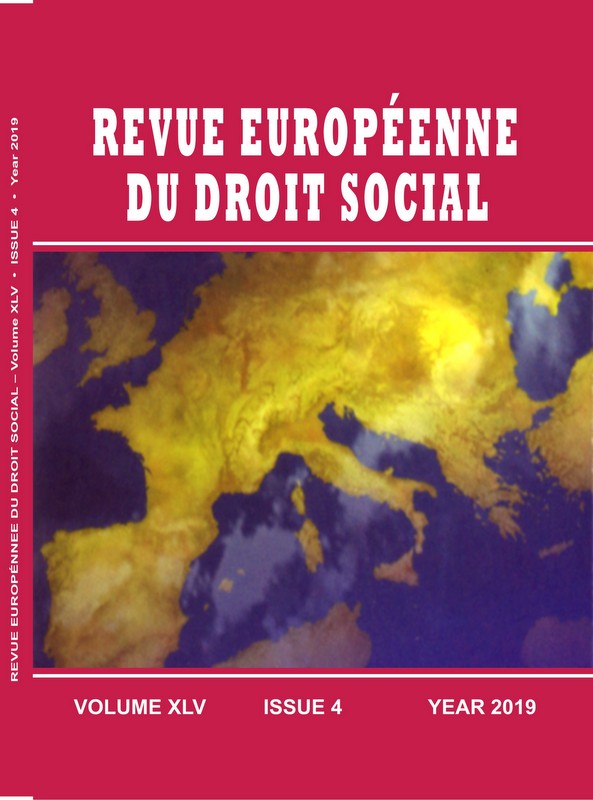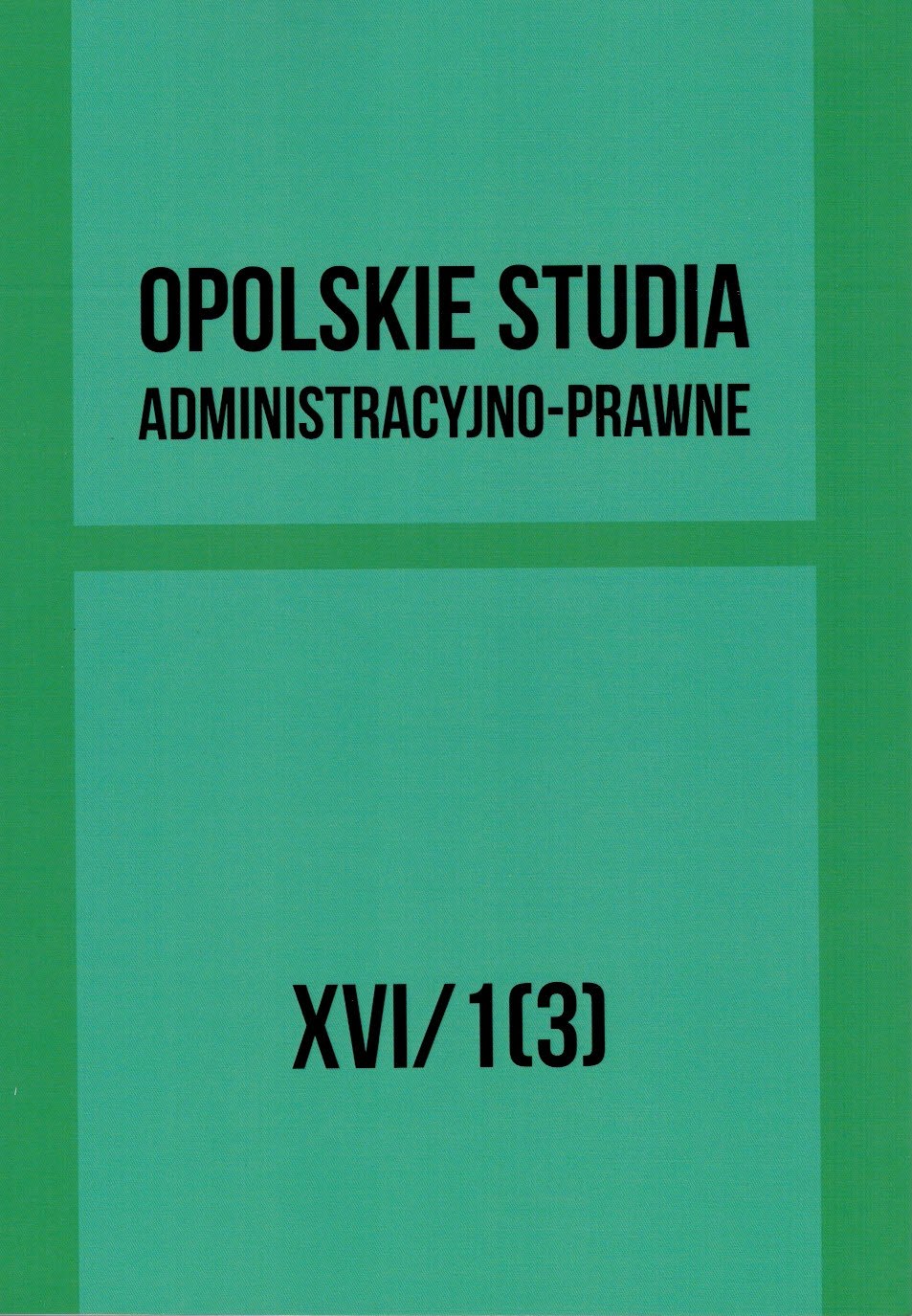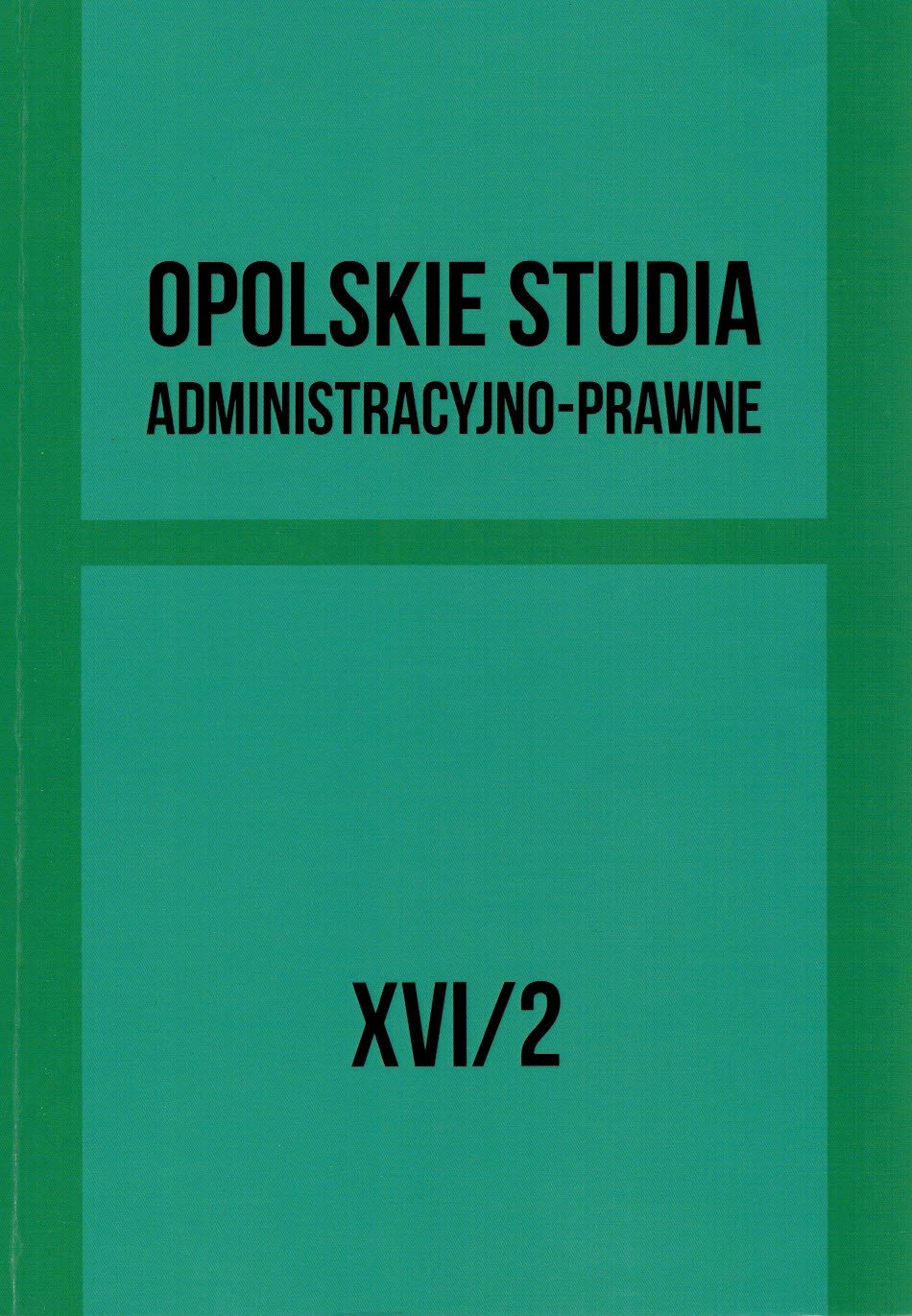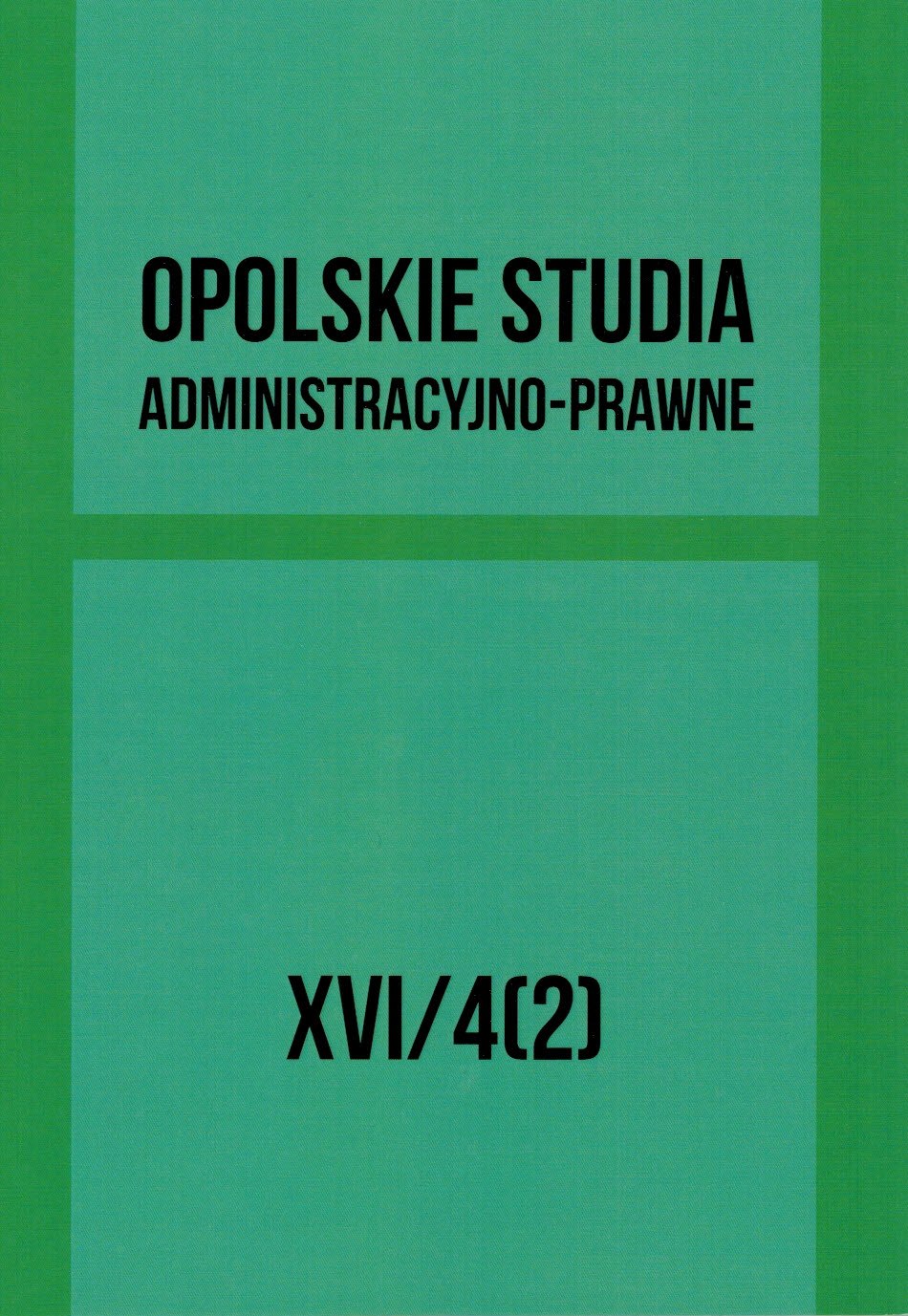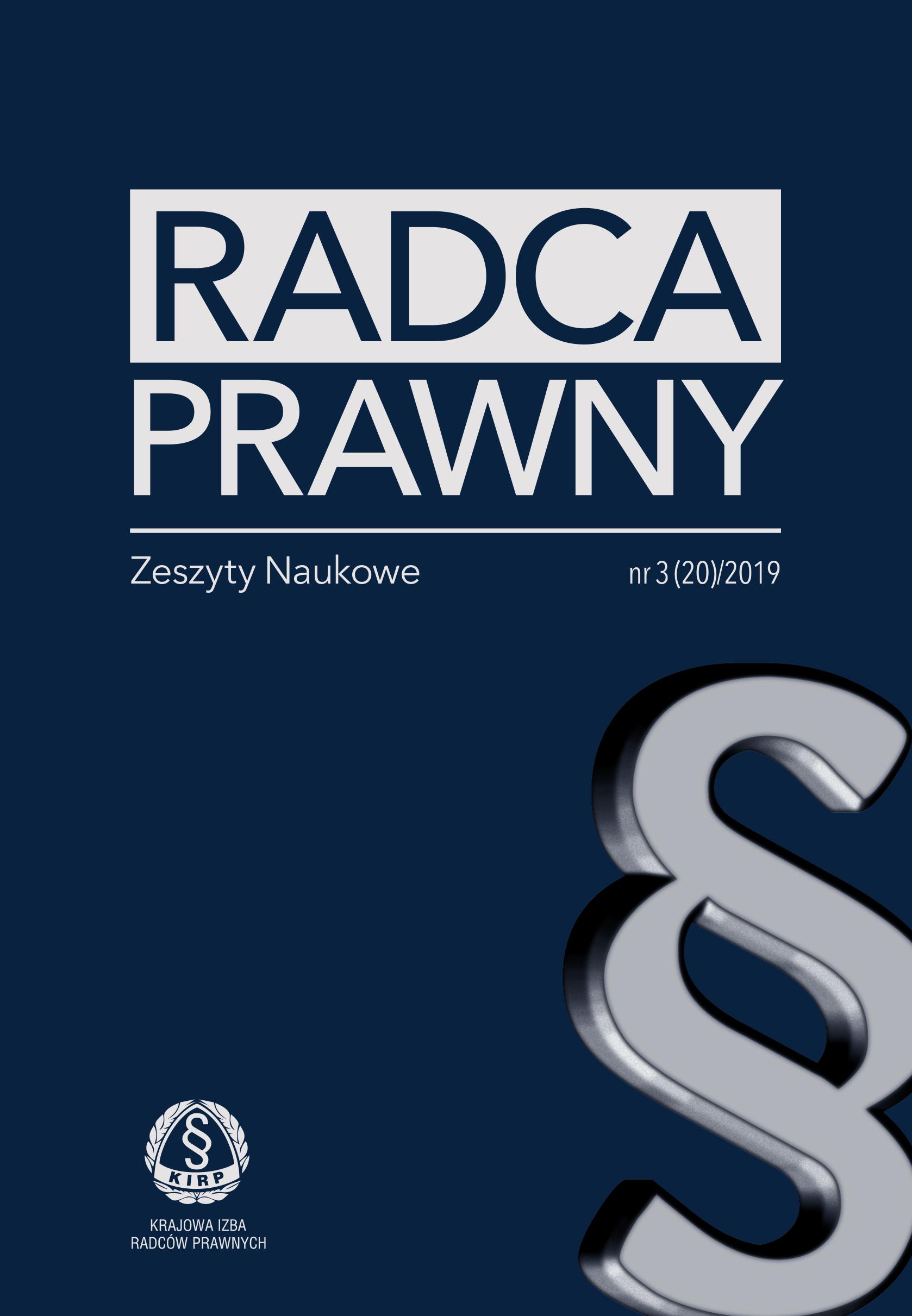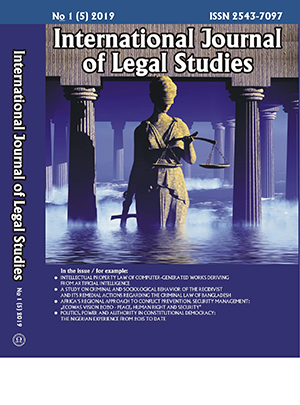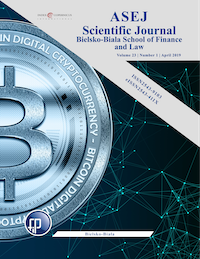
Analysis of the FIDIC arbitration clause in the light of international jurisprudence
The aim of the paper is to present the subject matter related to the procedure of resolving disputes arising in connection with implementation of agreements concluded on the basis of contract models published by the international federation FIDIC in 1999 Red and Yellow Book. The intention of the authors of the FIDIC templates was to apply an autonomous multistage procedure (the so-called multi-step clause) for resolving disputes based on arbitration without taking the matter to court. However, the application of the procedure proposed by FIDIC raises controversies of legal and factual nature. The problems concern, in particular: the nature, immediate enforceability, contestability of decisions issued by the Dispute Adjudication Board (DAB) and methods of their reinforcement. Other issues concern the absence of ‘standing’ or ‘full-term’ Adjudication Board and the right to arbitration in case when a party violates the internal dispute resolution procedure described in the contract, both for reasons dependent on and beyond its control. The publication is of legal and comparative nature and contains the analysis of related jurisprudence of civil law systems of selected countries.
More...
